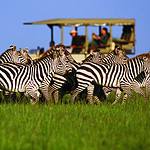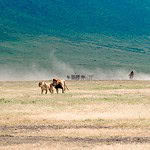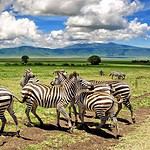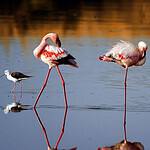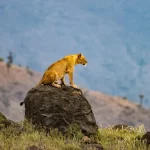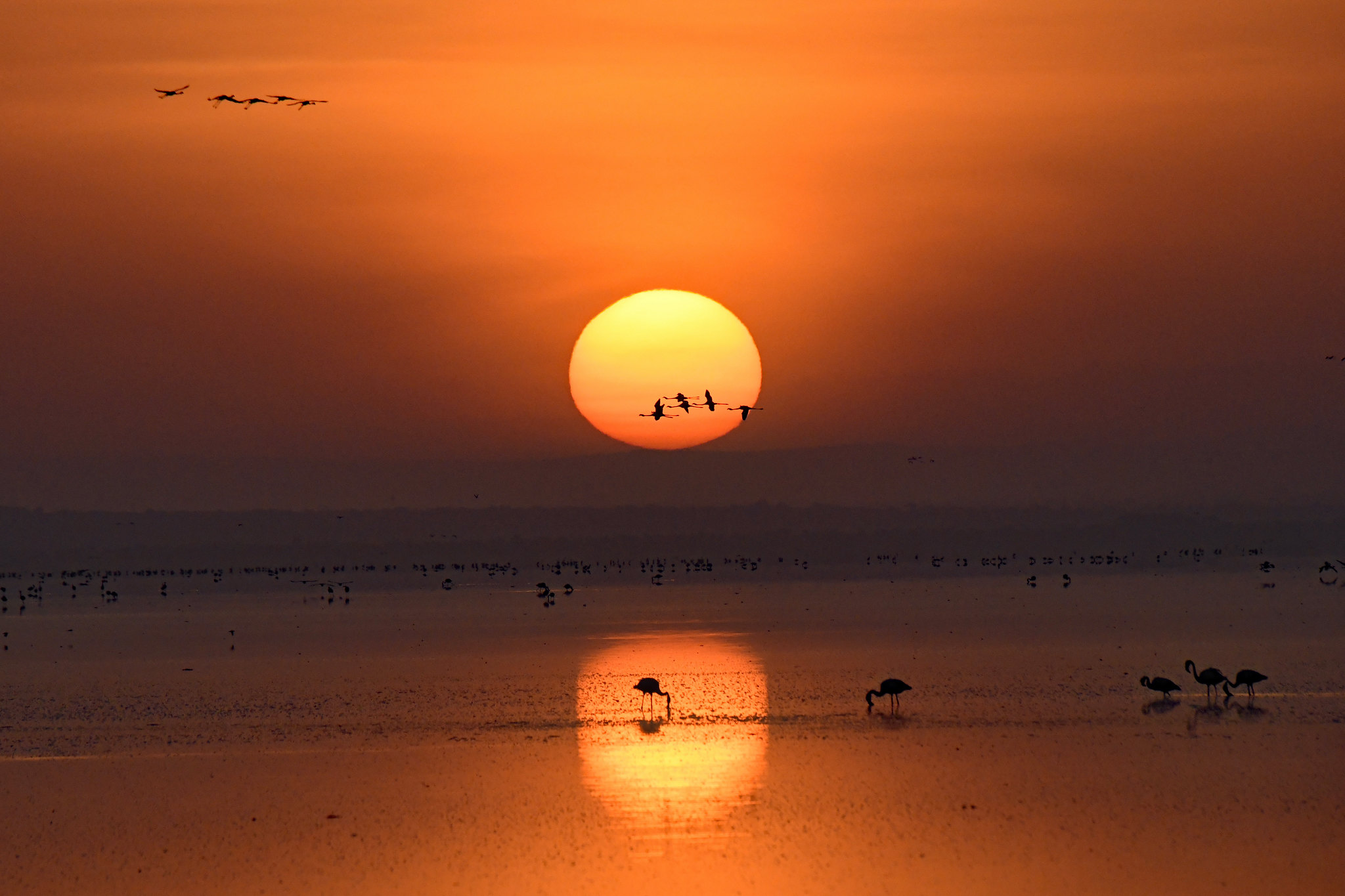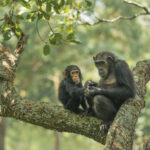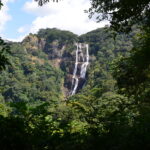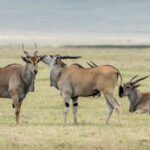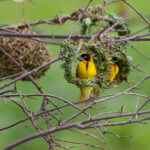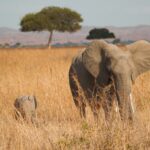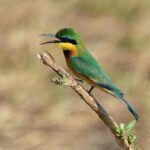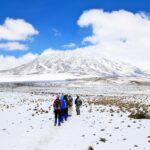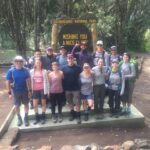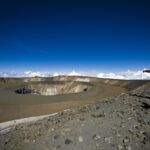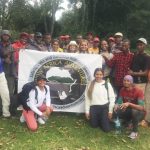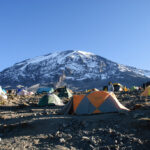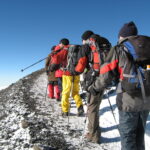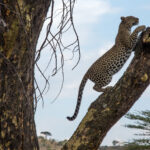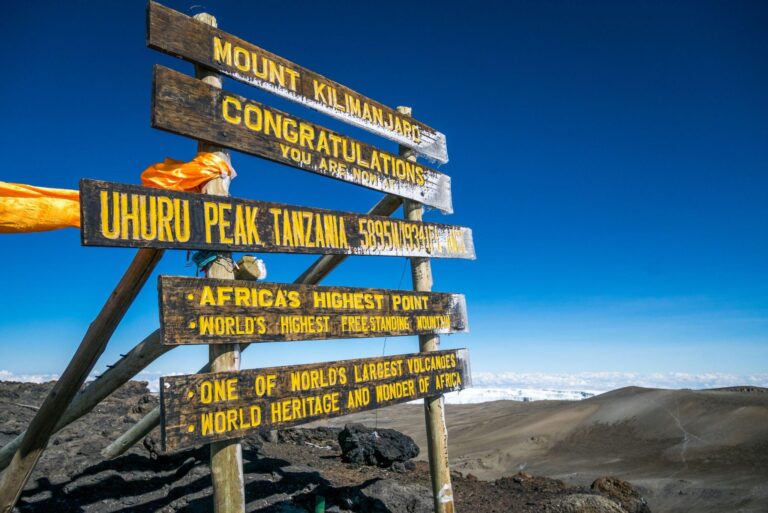Kilimanjaro 2025: A Year of Celebrations and Commemorations on the Mountain
Kilimanjaro Celebrations 2025
offers climbers and nature enthusiasts a unique opportunity to experience Africa’s highest peak like never before. As a UNESCO World Heritage Site, Mount Kilimanjaro holds immense cultural, historical, and ecological significance. The year 2025 brings with it a variety of special events, environmental initiatives, and cultural celebrations that highlight the mountain’s allure. Here’s a month-by-month guide to Kilimanjaro Celebrations 2025, showcasing the exciting activities and how these commemorations enhance the experience of summiting Kilimanjaro.
| Month | Event/Celebration | Significance | Activities & Highlights |
|---|---|---|---|
| January | New Year Sunrise Climbs | Celebrating the first sunrise of the year atop Kilimanjaro. | Special sunrise climbs at Uhuru Peak for a unique New Year’s view. |
| February | Environment Awareness Campaign | Promoting sustainable climbing practices and waste management. | Workshops on eco-friendly trekking and reducing plastic use. |
| March | Women’s Day Climbs | Honoring Women’s Day by encouraging women-led expeditions. | All-women climbing groups with guided tours and networking events. |
| April | Tanzanian Heritage Month | Celebrating Tanzanian culture and the historical significance of Kilimanjaro. | Traditional Tanzanian music, dance performances, and food. |
| June | World Environment Day (June 5) | Focus on environmental conservation efforts on Kilimanjaro. | Tree-planting and cleanup drives to protect Kilimanjaro’s habitat. |
| July | Summit Clean-Up Expedition | Annual expedition to remove litter from popular trekking routes. | Organized cleanup climbs by local communities and volunteers. |
| August | UNESCO Celebration of Heritage | Recognizing Kilimanjaro’s UNESCO World Heritage status since 1987. | Guided tours focusing on Kilimanjaro’s natural and cultural assets. |
| September | Kilimanjaro Freedom Climbs | Celebrating Tanzanian independence and the spirit of unity. | Cultural presentations and group climbs celebrating Tanzania’s past. |
| October | International Mountain Day Awareness (Oct 11) | Promoting Kilimanjaro’s ecological significance and mountain tourism. | Talks on Kilimanjaro’s biodiversity and climate change effects. |
| November | Wildlife Conservation Month | A focus on protecting Kilimanjaro’s wildlife and endemic species. | Safaris and treks with experts to observe wildlife conservation. |
| December | End-of-Year Reflection Climbs | Reflecting on the year’s journey and Kilimanjaro’s role as an inspiration. | Meditative sunrise climbs and cultural exchanges. |
Kilimanjaro 2025 Event Highlights
1. New Year Sunrise Climbs (January)
- Overview: Kicking off the year with a sunrise trek is a beloved tradition on Kilimanjaro. Climbers reach Uhuru Peak to welcome the New Year with breathtaking views.
- Activities: Early morning climbs, meditation sessions, and sunrise photography.
2. Women’s Day Climbs (March)
- Overview: Honoring Women’s Day, this event celebrates women adventurers and invites women-led groups to summit.
- Activities: All-women groups, inspiring talks, and networking opportunities.
3. Summit Clean-Up Expedition (July)
- Overview: This expedition is an annual effort to keep Kilimanjaro’s trails clean, showing dedication to preserving the mountain.
- Activities: Guided clean-up treks, eco-friendly trekking workshops.
4. UNESCO Celebration of Heritage (August)
- Overview: Honoring Kilimanjaro’s UNESCO status, this celebration educates climbers on the natural and cultural heritage of the mountain.
- Activities: Interactive heritage tours, storytelling from local guides.
5. International Mountain Day Awareness (October)
- Overview: Raising awareness on mountain conservation, this event highlights Kilimanjaro’s environmental and tourism value.
- Activities: Talks on conservation, biodiversity walks, and climate-focused discussions.
Essential Tips for 2025 Kilimanjaro Celebrations
- Book Early: Major events, especially in high season, can mean more visitors. Book in advance for an uninterrupted experience.
- Prepare for the Altitude: Proper acclimatization is essential, especially for high-altitude events like summit sunrise climbs.
- Engage with Local Guides: Experience Kilimanjaro’s rich history and culture by connecting with Tanzanian guides who bring insights and stories.
Kilimanjaro Celebrations 2025 offers an exciting year filled with a wide range of celebrations, environmental initiatives, and cultural experiences that will enhance your climbing journey. From commemorating Tanzania’s rich heritage to celebrating sustainability, each month provides a unique way to connect with the mountain and its surrounding ecosystem.
Whether you’re participating in a New Year’s sunrise climb, honoring women adventurers, or joining in on conservation efforts, Kilimanjaro Celebrations 2025 promises to be a year of reflection, adventure, and discovery. Make sure to plan your climb early, prepare for the altitude, and embrace the opportunity to be part of these meaningful events.
Your journey will not only be about summiting the tallest peak in Africa but also about celebrating the beauty and cultural significance of Mount Kilimanjaro. Kilimanjaro Celebrations 2025 provides climbers with a unique opportunity to engage with the mountain’s heritage and natural wonders. These celebrations will make your trek a truly memorable experience.
Every event in Kilimanjaro Celebrations 2025 has been designed to enhance the understanding of the environment, history, and culture surrounding Kilimanjaro. Don’t miss out on the chance to be part of the Kilimanjaro Celebrations 2025, which will bring you closer to nature and its rich traditions.
The year 2025 will be an unforgettable time to experience the soul of Kilimanjaro, and Kilimanjaro Celebrations 2025 is the perfect way to celebrate this awe-inspiring destination. Make sure your Kilimanjaro Celebrations 2025 journey is filled with cultural immersion and breathtaking scenery.
Whether you’re climbing for the first time or returning for a new challenge, Kilimanjaro Celebrations 2025 offers something special for every adventurer. As you take part in Kilimanjaro Celebrations 2025, you’ll create lasting memories and witness the incredible spirit of Tanzania’s highest peak.
Plan your journey and join in the remarkable Kilimanjaro Celebrations 2025.


